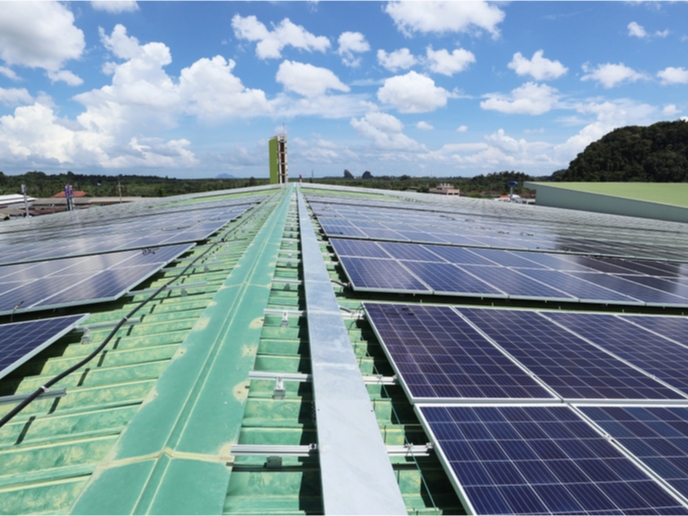Creating a more resource-efficient solar power industry
PV systems continue expanding faster than any other renewable energy source thanks to their ability to harvest sustainable, clean and low-cost energy from the sun. Newly installed PV capacities in Europe grew by 31 % year-on-year and reached 9.2 GW in 2017, according to SolarPower Europe’s 2018-2022 global market outlook. “If Europe fully embraces the enticing business case of low-cost solar, in 2022 the market could reach 39.1 GW.” In addition, recent advancements in energy storage solutions have boosted the growth of PV-connected battery system installations. With such a rapid rise in the deployment of solar power technology, the waste output like decommissioned PV panels will also increase. The International Renewable Energy Agency estimates that PV panel waste will amount to between 1.7 and 8 million t by 2030 and 60-78 million t by 2050, cumulatively. The EU-funded CIRCUSOL project is tackling this challenge by developing and demonstrating product-service system (PSS) business models for the solar power sector. PSS, which focuses on selling service and performance instead of products, is usually seen as a means to realise a circular economy, in which economic activity is decoupled from resource consumption and waste is minimised. The project website explains: “Today by default, a supplier sells new PV panels and batteries to a user. The user then manages the solar power generation and storage. When their use life at the site reaches the end, the PVs/batteries enter the waste stream and get recycled or disposed.” It adds: “In a PSS model envisioned by CIRCUSOL, a supplier provides solar power generation and storage to a user as a service. The PV and batteries are installed at the user’s site, but the supplier remains as the owner and is responsible for their optimal functioning. When their use life at the site reaches the end, the supplier takes them back and decides whether they can get a second life and be installed somewhere else, or should be sent for recycling.”
Challenges in PV recycling
A team of researchers supported by CIRCUSOL and PVMINDS, another EU-funded project, has examined the issues involved with PV recycling, repair or refurbishment of decommissioned or degraded PV modules and their recommissioning (second-life PV modules). The study was published in the journal ‘Progress in Photovoltaics’. It points to the “considerable technological and operational know-how in PV EoL [end-of-life] management that already exists and continuously evolves in mature PV markets.” The study adds: “On the other hand, R&D in repair/refurbishment of decommissioned and/or failed PV modules remains scarce, and best practices and commercial services for reliability testing/re-certification and trading of second-life PV modules are neither standardized nor consolidated into any PSS or business model.” The ongoing CIRCUSOL (Circular business models for the solar power industry) project will validate circular solar service models in Belgium, France and Switzerland with five large-scale demonstrators in the residential, commercial and utility market segments. The PVMINDS (Bottom-up PV module energy yield and integrated reliability model for site-specific design optimization) project is scheduled to end in 2020. It’s developing a bottom-up reliability model for selected PV failure/degradation modes. PV module reliability is crucial for energy yield predictability and subsequent electricity cost reduction. For more information, please see: CIRCUSOL project website PVMINDS project
Countries
Belgium



